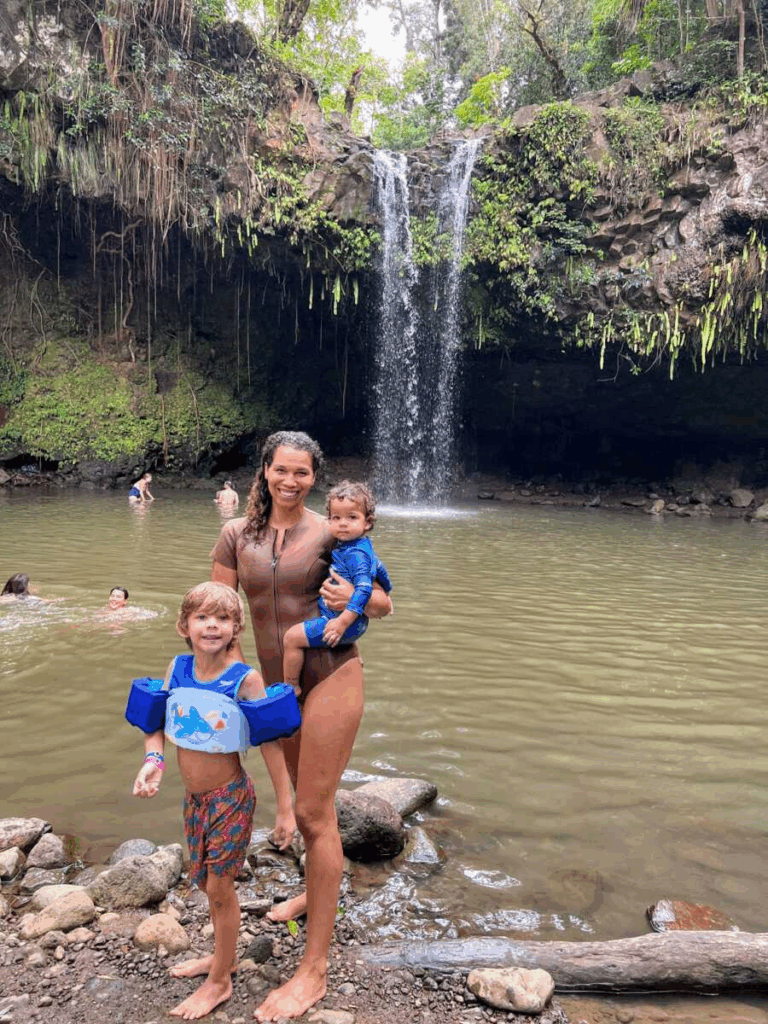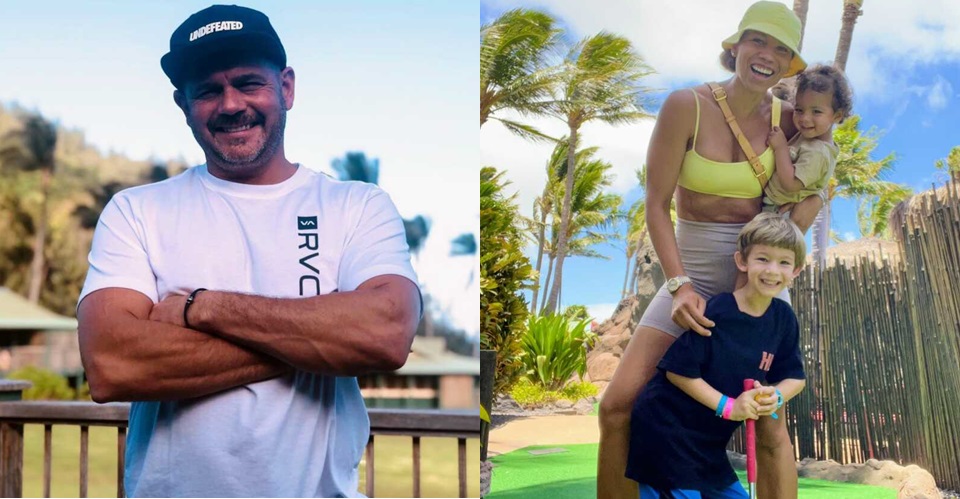She lost the man who felt like home, then learned to carry that home within her, guided by wind, rainbows, and two small hands in hers. She woke up on a windy Maui morning and asked for a miracle. She’d flown home with her two little boys to help her dad through a second round of throat cancer. Her stepmom was in the hospital, their landlord was moving toward eviction, and the worry felt endless. Rushing out the door for chemo and radiation, she almost ignored a FaceTime from her husband. She answered, and he teased her about always moving his things, told her and the boys how much he missed them. That quick call became the last time she ever saw his face.

The day was already heavy when a text from an unfamiliar number appeared after her dad’s treatment: “It’s Richard, please call me.” She remembered a friend who hiked with her husband and dialed back. The call asked if she was sitting down, and then she dropped. Her mind argued, hoping it was a hospital update. Her heart knew. While she was telling her dad that if things kept getting worse, they’d have to start getting better, her husband was taking his final breath 2,000 miles away.
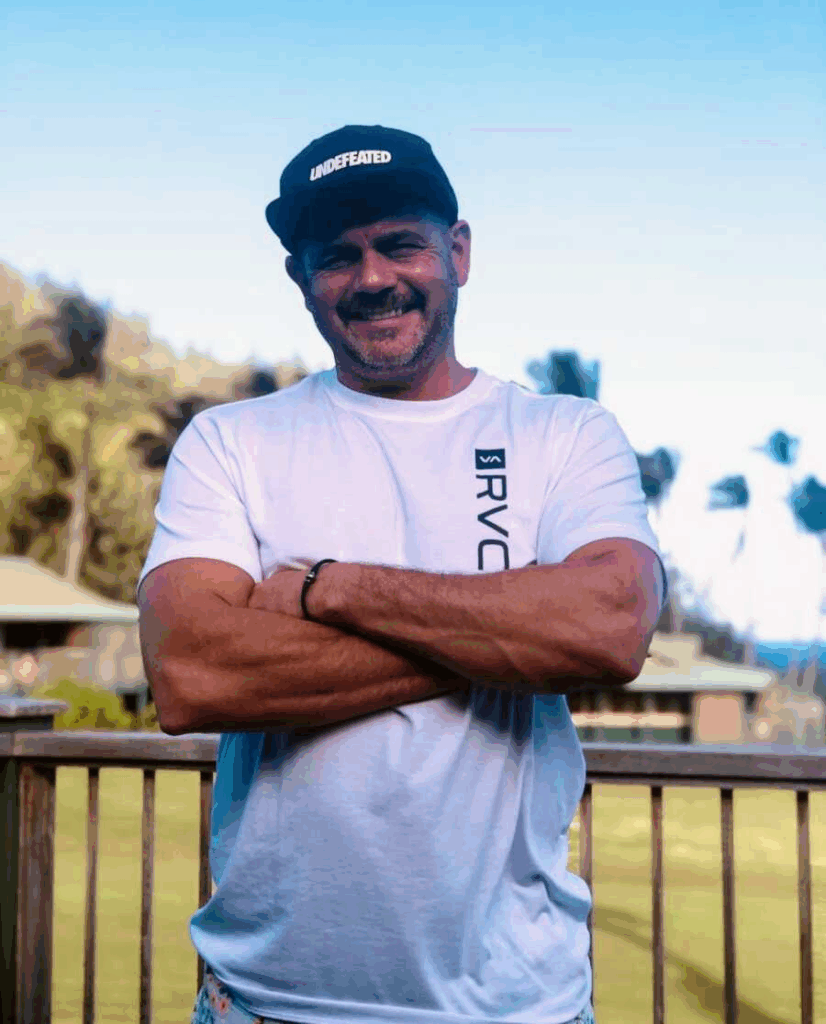
Nine years earlier, she had left New York City for California, craving ocean air and a calmer rhythm. She tried online dating on a whim and met Joe, a bright, funny Italian with a magnet for friends and a smile that lit up rooms. They fell fast, engaged on a golf course, and married on Maui at a lavender farm with the wind surging as they said their vows. Two sons followed. He had always wanted to be a dad, and he was joyful, telling stories with his whole body and filling their home with laughter. With him, she felt exactly where she belonged. The call that finally went through told her Joe had died from a sudden heart attack while hiking in the Santa Monica mountains.

She left Maui to face the unthinkable: decisions no one wants to make. Their shared Buddhist practice had often held quiet talks about impermanence, how life is as delicate and beautiful as a rainbow, but knowing that in theory is different from waking to an empty doorway. For weeks, she couldn’t sleep or eat. Friends and family cared for the boys while she tried to breathe through each hour. After his memorial, she knew she couldn’t stay in their California home without him. They had always planned to return to Maui one day; she decided that day had come. She packed an ocean-crossing move into a month, grief piling up like unused minutes on a phone—what she didn’t feel now waited for later.

Back on the island, her dad died soon after. She tried to show her boys how to feel big feelings without drowning. In small ways, she felt Joe’s best parts settle into her, so much so that she began to love what he loved. One afternoon, she found his golf clubs and, instead of breaking, she brightened. He had dreamed of playing with the boys when they were older. She’d never golfed, but swinging his clubs made her feel close to him and calmed the panic about how they would go on. Lessons at the range became a thread stitching the four of two here, one watching, one remembered into a new kind of family time.
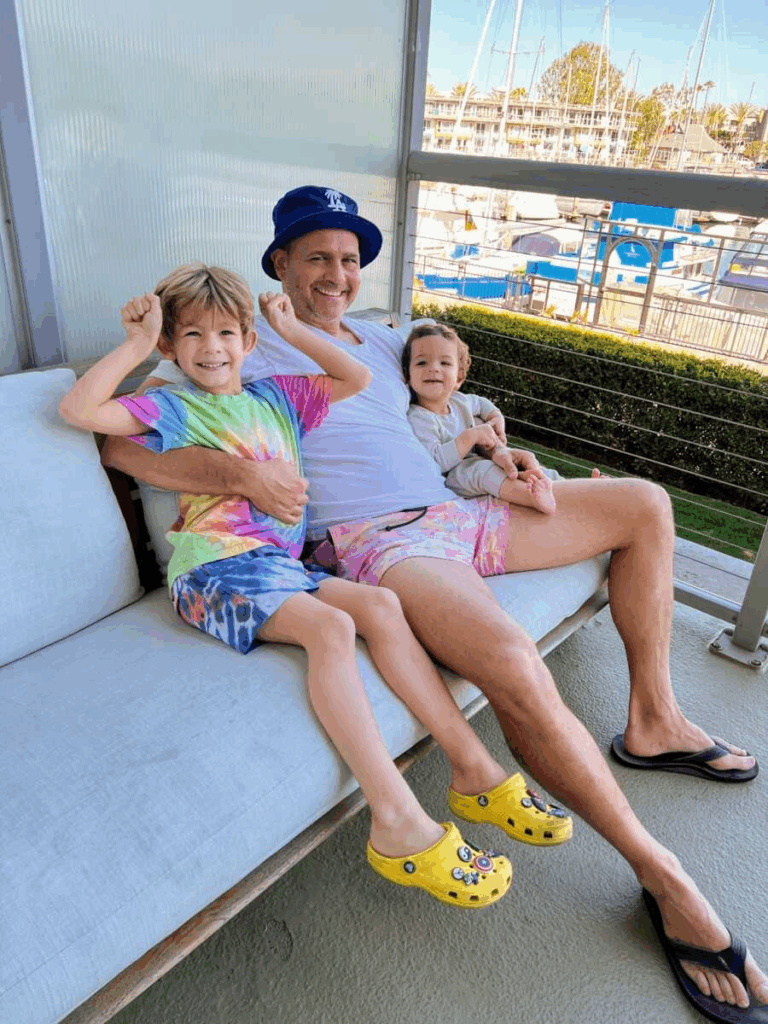
Then came a night of deep despair, after the noise of moving had quieted. She cried out for a sign. She dreamed of an old Maui tourist train that hadn’t run in years; in the dream, Joe said he wanted to take their older son for a ride. The next day, driving home from the range, her son shouted from the backseat that Daddy had sent a rainbow. She snapped a quick photo and kept moving. Later, she saw what she hadn’t noticed: the rainbow ended on the faded Sugar Cane Train sign. It felt like an answer inside the storm.
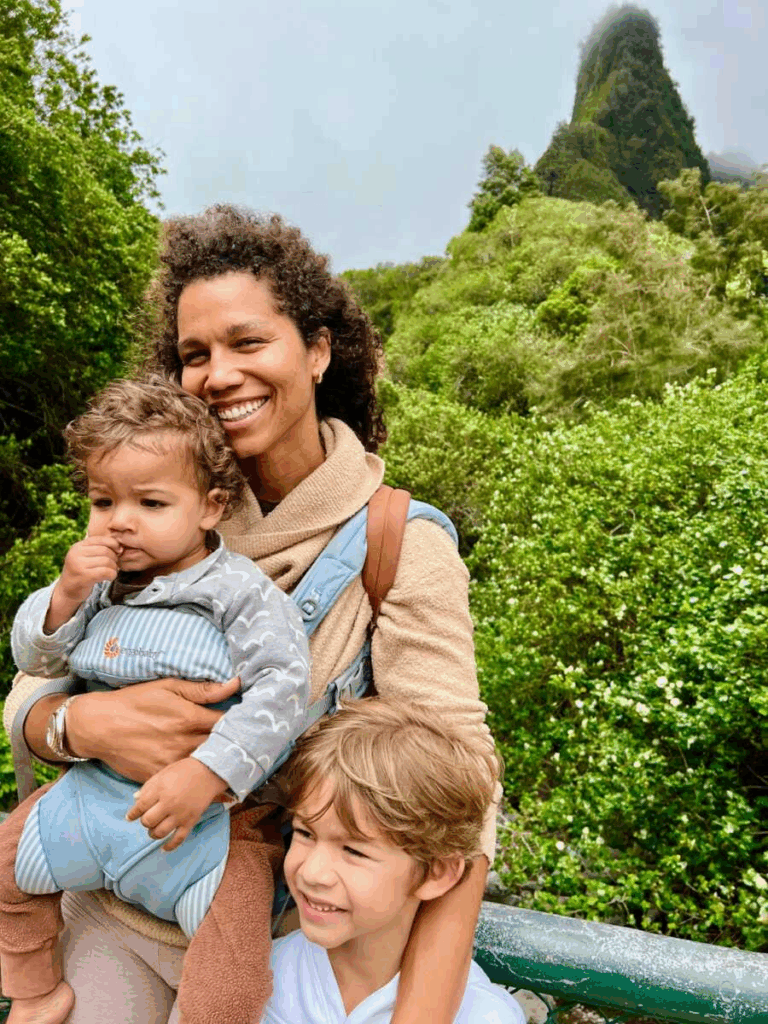
She still loves him as fiercely as ever, but their relationship is different now, with less in her hand she can hold and more in the wind, rainbows, strangers’ kindness, and the sound of their boys playing. The pain still shows up, but so do the small mercies that help her keep going. She believes death didn’t close their story; it changed how it is written.
